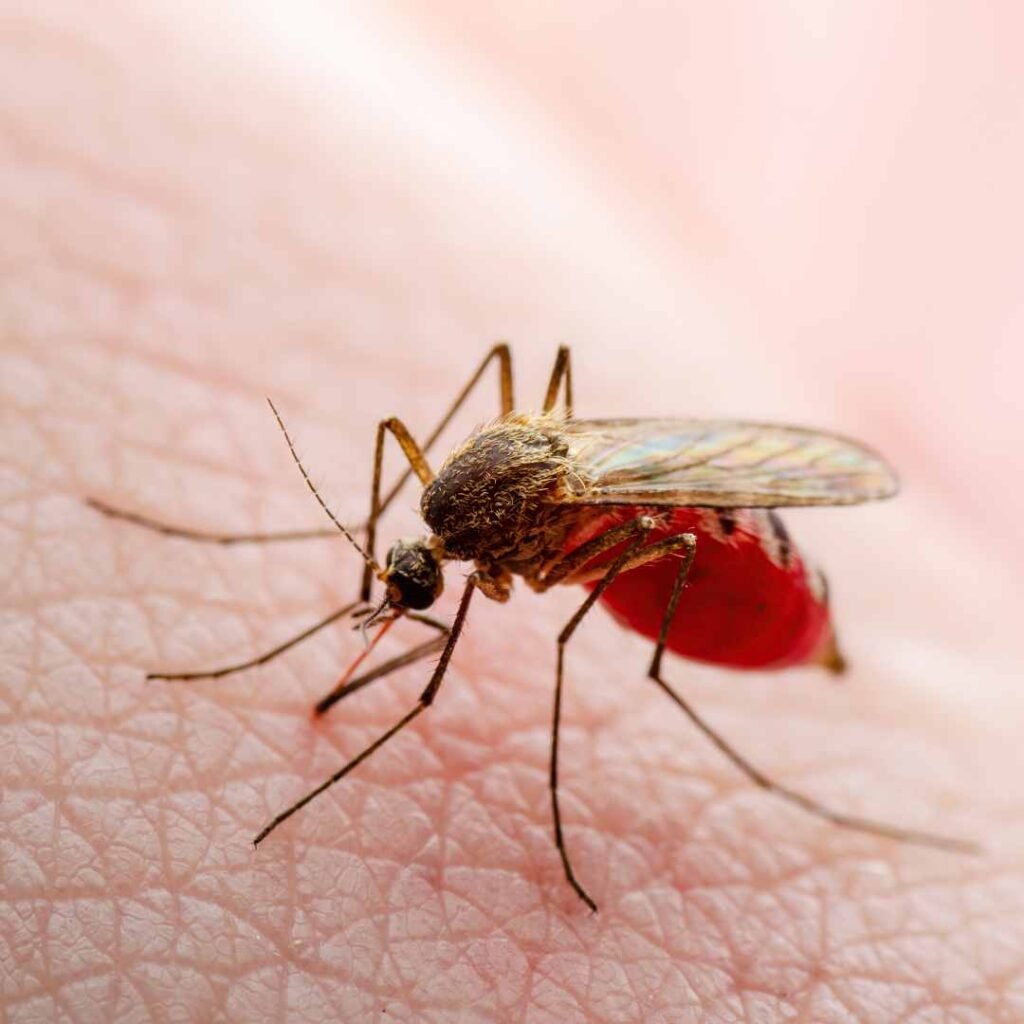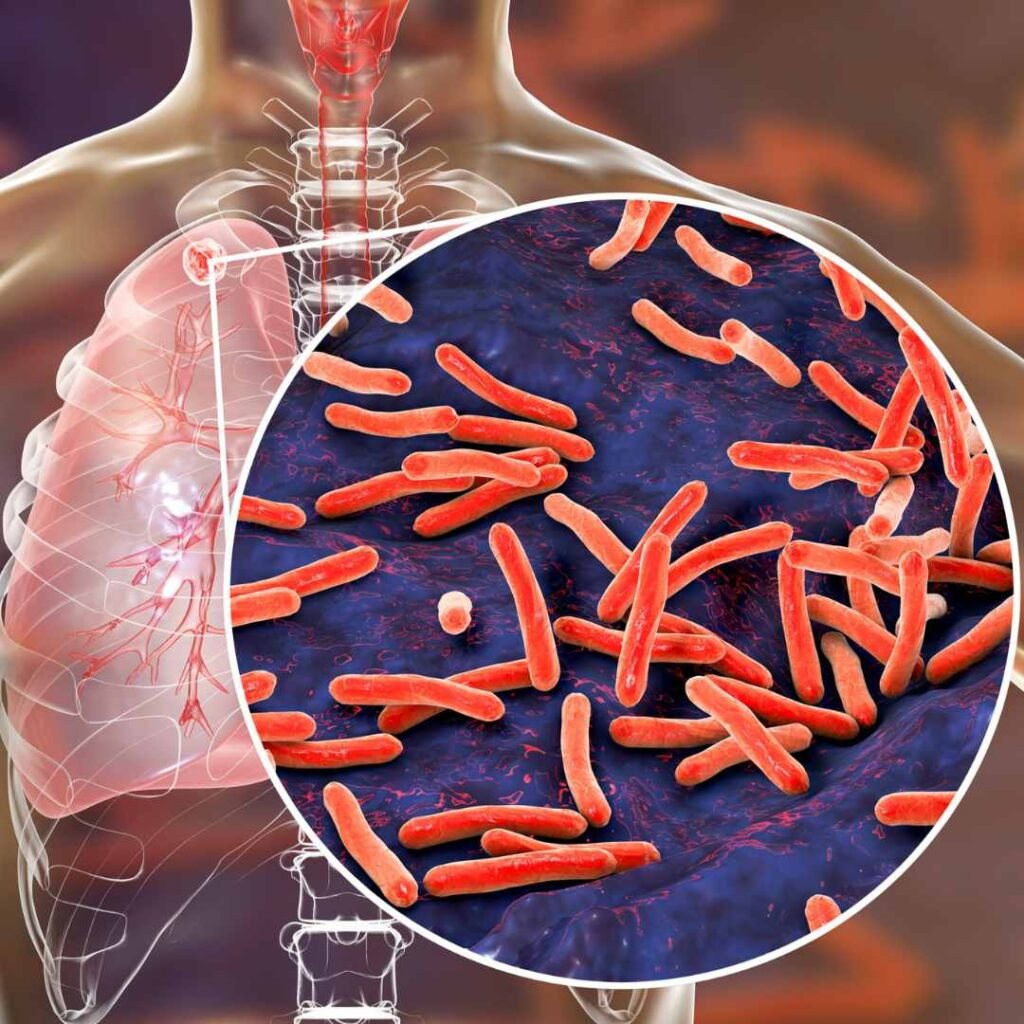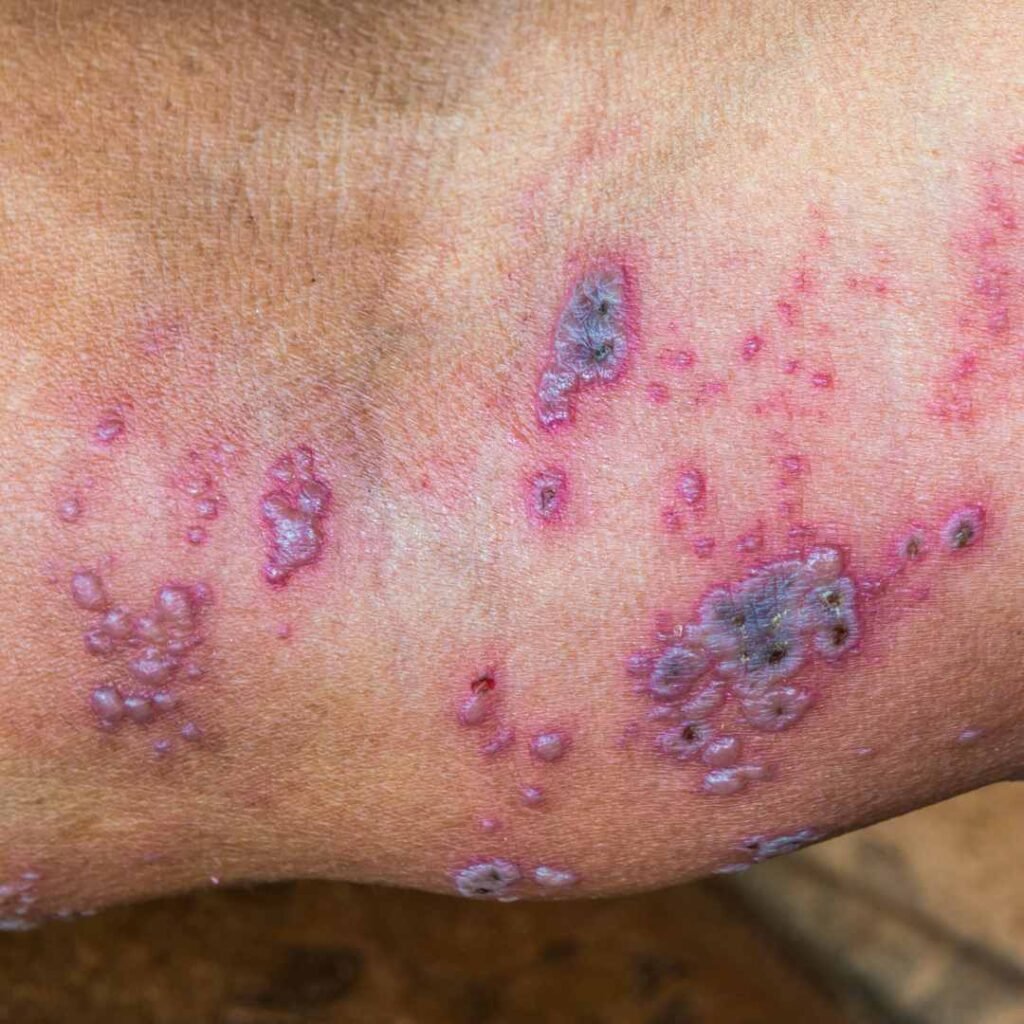Advanced Infectious Disease & Immunology Care in Pimpri Chinchwad
Specialized care for immune health and infection management to protect and support residents of Pimpri Chinchwad.
Treatment for Viral Infections

What is Treatment for Viral Infections?
Treatment for viral infections involves various approaches to manage and alleviate symptoms caused by viruses such as dengue, chikungunya, chickenpox, tuberculosis, and herpes zoster (shingles). Unlike bacterial infections, which can be treated with antibiotics, viral infections require different strategies. These may include antiviral medications, supportive care, hydration, and symptom management.
The objective of treatment is to reduce the severity and duration of the illness, minimize complications, and enhance the body’s ability to recover. Common treatments may involve pain relief, hydration therapy, and in some cases, specific antiviral drugs. Understanding the nature of these viral infections is crucial for effective management and recovery.
Ayurveda Approach to Viral Infections
Ayurveda provides a holistic framework for treating viral infections, emphasizing prevention, balance, and natural healing. The Ayurvedic approach focuses on strengthening the body’s immune system, which is vital in combating viral diseases.
Treatment plans are tailored to the individual’s constitution and the specific nature of the viral infection. Ayurveda promotes detoxification processes to eliminate toxins and supports the body’s natural defenses through dietary changes, lifestyle modifications, and rejuvenating therapies. This long-term approach not only addresses the immediate symptoms but also enhances overall health and resilience against future infections.
Symptoms of Viral Infections
- High fever and chills.
- Body aches and fatigue.
- Rashes or skin lesions (specific to certain infections like chickenpox).
- Cough and respiratory distress (in the case of tuberculosis).
- Joint pain and swelling (common in chikungunya).
Benefits of Ayurveda for Viral Infections
- Strengthens the immune system to effectively combat viral attacks.
- Promotes faster recovery by enhancing the body’s natural healing processes.
- Reduces inflammation and alleviates pain associated with viral infections.
- Improves overall well-being and energy levels through balanced nutrition and lifestyle.
- Offers preventive measures to reduce the risk of recurrent infections.
Treatment for Dengue
What is Treatment for Dengue?
Dengue treatment focuses on managing the symptoms and preventing complications associated with the infection caused by the dengue virus. This mosquito-borne illness can lead to severe symptoms, including high fever, severe headaches, joint and muscle pain, and rash.
Treatment typically includes supportive care such as maintaining hydration, managing fever and pain with appropriate medications, and monitoring for any signs of severe dengue, which may require hospitalization. The primary goal of dengue treatment is to provide relief and prevent complications, ensuring a smoother recovery.
Ayurveda Approach to Dengue
Ayurveda offers a comprehensive and holistic approach to managing dengue, emphasizing the balance of the body’s energies (doshas) and strengthening the immune system. Ayurvedic treatments aim to detoxify the body, support the liver, and enhance recovery through personalized therapies.
This approach includes dietary modifications to nourish the body and promote healing, lifestyle changes to enhance immunity, and therapies to reduce inflammation and fever. By focusing on the root causes and overall well-being, Ayurveda provides long-term benefits and helps in reducing the recurrence of viral infections.

Symptoms of Dengue
- High fever (often reaching up to 104°F or 40°C).
- Severe headaches and pain behind the eyes.
- Joint and muscle pain, often described as “breakbone fever.”
- Rash that may appear a few days after fever onset.
- Fatigue and weakness.
Benefits of Ayurveda for Dengue
- Enhances immune function to fight off the dengue virus effectively.
- Supports hydration and detoxification to help the body recover faster.
- Provides natural methods for pain relief and fever management.
- Reduces the risk of severe complications through holistic care.
- Promotes long-term health and resilience against future infections.
Treatment for Chikungunya

What is Treatment for Chikungunya?
Chikungunya treatment primarily involves alleviating the symptoms caused by the chikungunya virus, which is transmitted by mosquito bites. This viral infection is characterized by severe joint pain, fever, and rash.
There is no specific antiviral treatment for chikungunya; instead, management focuses on pain relief and supportive care. Patients are advised to rest, stay hydrated, and use medications to reduce fever and pain. The goal of treatment is to minimize discomfort and facilitate recovery.
Ayurveda Approach to Chikungunya
Ayurveda provides a holistic perspective on managing chikungunya, emphasizing the need to restore balance in the body. Ayurvedic treatments aim to alleviate pain, reduce inflammation, and enhance the immune response.
Through personalized dietary recommendations, detoxification processes, and rejuvenation therapies, Ayurveda helps to support recovery from chikungunya. This long-term approach addresses the underlying imbalances and promotes overall well-being, making it an effective strategy for those suffering from the aftereffects of the disease.
Symptoms of Chikungunya
- High fever (often sudden onset).
- Severe joint pain, particularly in the hands and feet.
- Rash that may appear after the onset of fever.
- Headaches and muscle pain.
- Fatigue and general malaise.
Benefits of Ayurveda for Chikungunya
- Reduces joint pain and inflammation effectively.
- Supports the immune system to enhance recovery.
- Provides natural methods for managing fever and discomfort.
- Promotes detoxification to eliminate toxins from the body.
- Addresses long-term health issues resulting from chikungunya.
Treatment for Chickenpox
What is Treatment for Chickenpox?
Chickenpox treatment primarily focuses on relieving symptoms and managing the itchy rash caused by the varicella-zoster virus. Although chickenpox usually resolves on its own, it can be uncomfortable and lead to complications.
Treatment typically includes antihistamines to alleviate itching, pain relievers for fever and discomfort, and maintaining hydration. In severe cases or for high-risk individuals, antiviral medications may be prescribed. The goal is to provide comfort and reduce the risk of secondary infections.
Ayurveda Approach to Chickenpox
Ayurveda takes a holistic approach to managing chickenpox by focusing on enhancing the body’s immune response and reducing symptoms. Ayurvedic treatments aim to balance the body’s doshas and promote healing.
Through a combination of dietary adjustments, detoxification methods, and supportive therapies, Ayurveda helps to manage the discomfort associated with chickenpox. This long-term perspective not only addresses the immediate symptoms but also strengthens the body against future viral infections.

Symptoms of Chickenpox
- Itchy, blister-like rash.
- High fever.
- Fatigue and loss of appetite.
- Headaches.
- General malaise.
Benefits of Ayurveda for Chickenpox
- Provides natural relief from itching and discomfort.
- Strengthens the immune system for better recovery.
- Reduces inflammation and promotes healing.
- Supports overall health and wellness post-recovery.
- Prevents complications and secondary infections.
Treatment for Tuberculosis (TB)

What is Treatment for Tuberculosis?
Tuberculosis (TB) treatment involves a comprehensive approach to manage the infection caused by the bacterium Mycobacterium tuberculosis. TB primarily affects the lungs but can also impact other parts of the body. Effective treatment is crucial for curing the disease and preventing its spread.
The standard treatment for TB includes a course of antibiotics taken over several months. Directly Observed Therapy (DOT) is often employed to ensure adherence to the treatment regimen. This approach not only aims to eliminate the bacteria but also helps reduce the risk of drug resistance.
Ayurveda Approach to Tuberculosis
Ayurveda offers a holistic perspective on managing tuberculosis, focusing on strengthening the immune system and improving overall health. Ayurvedic treatments emphasize detoxification, lifestyle modifications, and dietary changes to support the body’s natural healing processes.
By balancing the doshas and addressing underlying health issues, Ayurveda promotes long-term health and resilience against infections. This approach can complement conventional treatments, potentially leading to improved outcomes and enhanced well-being for individuals suffering from TB.
Symptoms of Tuberculosis
- Persistent cough that lasts more than three weeks.
- Chest pain and difficulty breathing.
- Unexplained weight loss and fatigue.
- Fever and night sweats.
- Coughing up blood or sputum.
Benefits of Ayurveda for Tuberculosis
- Strengthens the immune system to fight the infection more effectively.
- Supports detoxification to eliminate toxins from the body.
- Improves overall health and well-being during treatment.
- Reduces inflammation in the lungs and respiratory system.
- Aids in faster recovery and prevents relapses.
Treatment for Herpes Zoster (Shingles)
What is Treatment for Herpes Zoster?
Herpes zoster, commonly known as shingles, is a viral infection caused by the reactivation of the varicella-zoster virus, which causes chickenpox. Treatment for shingles aims to alleviate symptoms, reduce pain, and minimize the risk of complications.
Antiviral medications are typically prescribed to shorten the duration of the outbreak and help prevent postherpetic neuralgia. Pain relief is also a significant aspect of treatment, often involving analgesics and topical therapies to soothe the affected area.
Ayurveda Approach to Herpes Zoster
Ayurveda approaches the treatment of herpes zoster by focusing on balancing the body’s energies and strengthening the immune system. Ayurvedic treatments aim to alleviate pain and discomfort while promoting healing from within.
By incorporating dietary changes, detoxification methods, and supportive therapies, Ayurveda helps manage the symptoms of shingles effectively. This holistic approach not only addresses the immediate concerns but also fosters long-term wellness and resilience against future outbreaks.

Symptoms of Herpes Zoster
- Pain, burning, or tingling in the affected area.
- Rash that develops into fluid-filled blisters.
- Itching in the affected region.
- Fever and fatigue.
- Sensitivity to light.
Benefits of Ayurveda for Herpes Zoster
- Provides natural pain relief and reduces discomfort.
- Enhances the immune system’s ability to combat viral infections.
- Promotes faster healing of the rash and blisters.
- Reduces the risk of complications like postherpetic neuralgia.
- Supports overall health and well-being after recovery.
Getting Relief from Infectious Disease & Immunology Care is just 3 Steps Away!
Get Consultation With Our Expert
Book a consultation at Aaddya Ayurvedic Clinic in Pimpri Chinchwad to discuss your health concerns. Dr. Sonalkar will provide expert advice and personalized Ayurvedic solutions for your well-being. Start your path to healing today!






